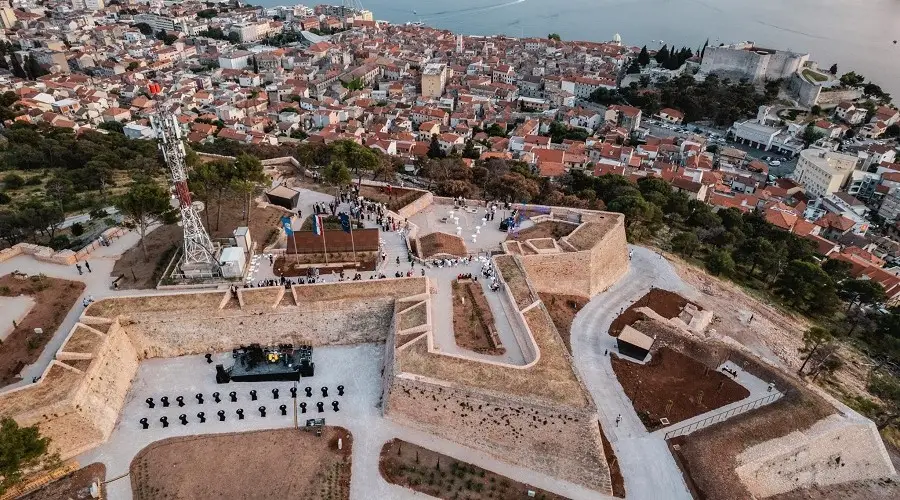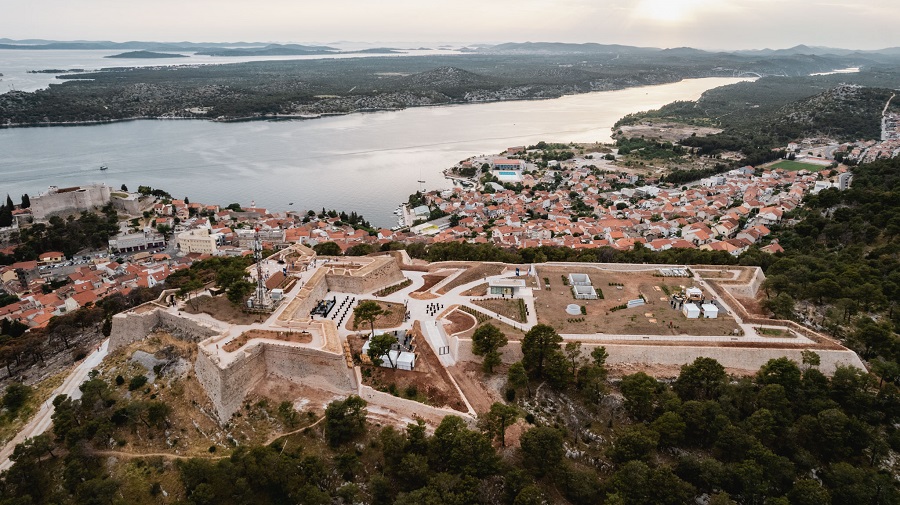
This is the only city in all of Croatia which has not one but two UNESCO World Heritage Sites, and one of those, the Fortress of St Nicholas, is part of a project which is helping to redefine Sibenik as a leading light in Europe in the revitalisation and innovative use of cultural heritage. For some destinations, it’s enough to merely showcase a historic building in its dilapidated form, but Sibenik has not only aggressively – and successfully – chased EU funding for the renovation of its magnificent fortresses and has managed to combine heritage and tourism in some quite innovative and spectacular ways.
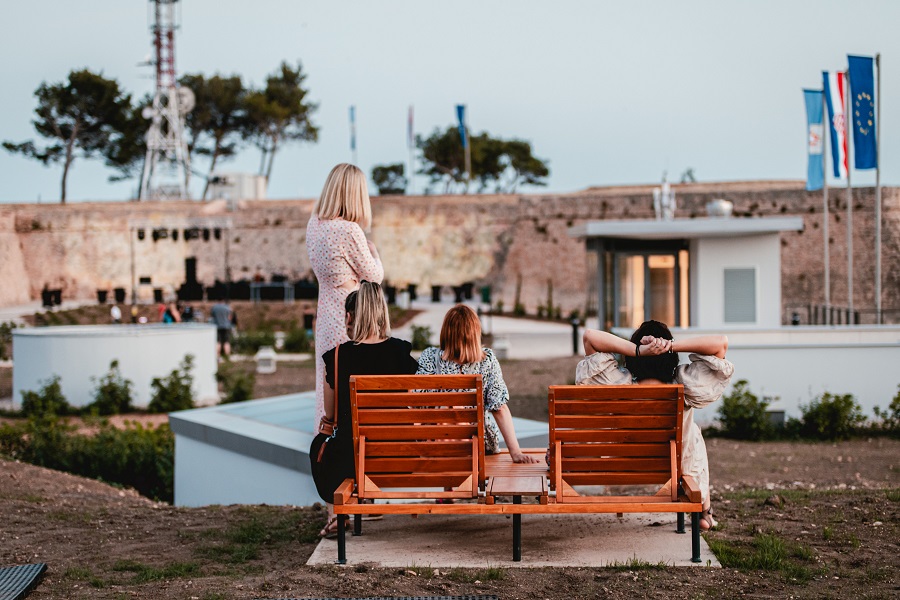
St Michael’s Fortress, for example, with its majestic position and views high over the city, has become an outstanding and intimate concert hall which has attracted the likes of Lorde, Jack Savoretti and Bryan Ferry, to name but three. At the core of this innovation is the Fortress Culture of Sibenik, a public institution which was formed in 2014 and which, in 8 action-packed years, has managed to transform the city’s famous fortresses into additional bastions of good music, knowledge and new technologies used in the interpretation of history and a new audience. The latest success story – and another fabulous and diverse addition to the Sibenik fortress story – can be found at St John’s Fortress, the largest and highest land fortress in Sibenik, which opened in June this year. The revitalisation of St John’s Fortress story started back in 2016 with the city’s biggest ever grant from EU funds. The fortress comprises two main parts – the so-called ‘Star’, which fortifies the southern part of the fortress, and the ‘Pliers’, which are an outer fortification in its northern section. Divine views are guaranteed, but it is what one finds additionally which makes St John’s Fortress such an exciting addition.
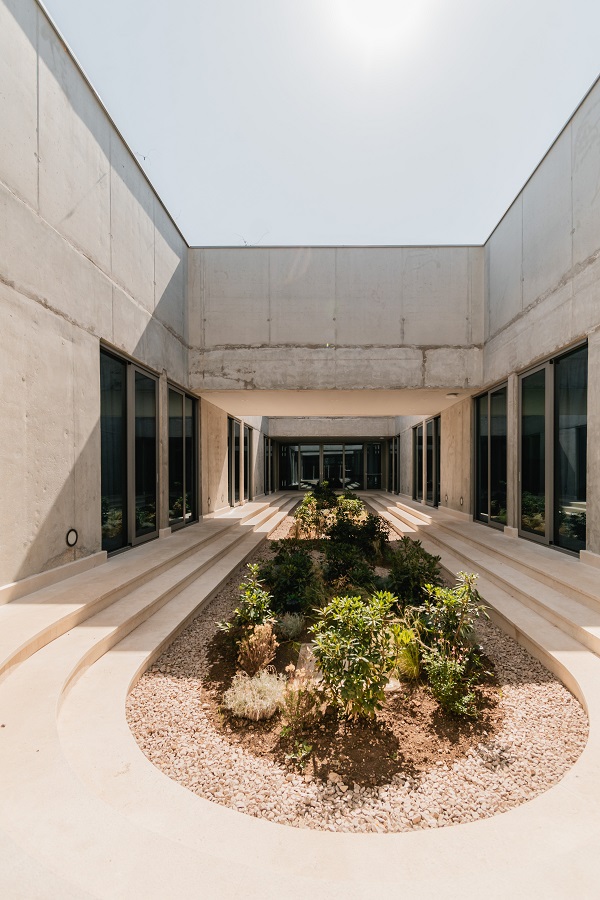
Far more than just a fortress with views to admire and a history to behold, a key component of St John’s is education. For below Pliers, a new educational campus can be found.
“Campus business boundaries are where we determine them. Every day we find out new, so far undiscovered information and stories about the city, we work with new technologies and strive for modern ways of interpretation.”
Here, surrounded by centuries of Sibenik stone heritage, a new campus is open to inspire students, artists, and young experts in this most atmospheric of settings. There are classrooms, conference rooms, and even bedrooms for overnight stays for study and other educational visits. An inspirational setting will hopefully rub off on the creative youth who enjoy it. Educational tourism is an exciting new direction for the Fortress of Culture’s activities in the future.
“In the past work of the Department (and the Institution in general), we have achieved countless contacts and partnerships, and this infrastructure brings us the potential to raise all our cooperation to a higher level if there is desire, will and agreement. In general, Šibenik is offered the opportunity to not only be a ‘city of fortresses’ (for which it is already recognized) but to become a top centre for the study and evaluation of heritage. We want to be a key part of that process.” says Josip Pavić from the Department of Heritage Research and Interpretation.
Such a use of a historic building is somewhat unique in Croatia, and the 14 en-suite bedrooms, large communal kitchen dining and other communal rooms are all hidden among the walls of the fortress, providing a hidden, private and intimate space for concentrated creative activities. This is Heritage Management 2.0. The goal is to emphasise the importance of developing and diversifying educational and cultural tourism, creativity, sports and similar products by encouraging the dispersion of programmes throughout the year.
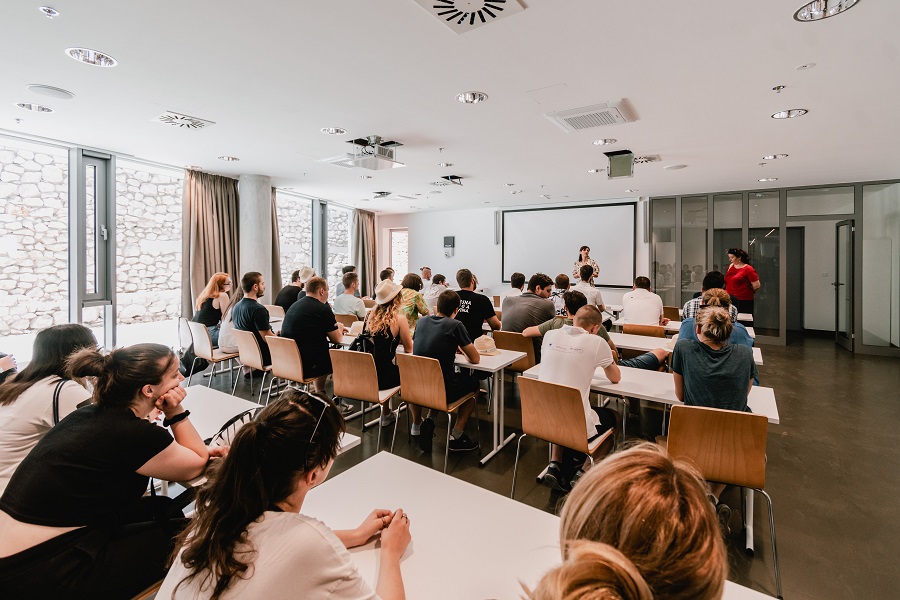
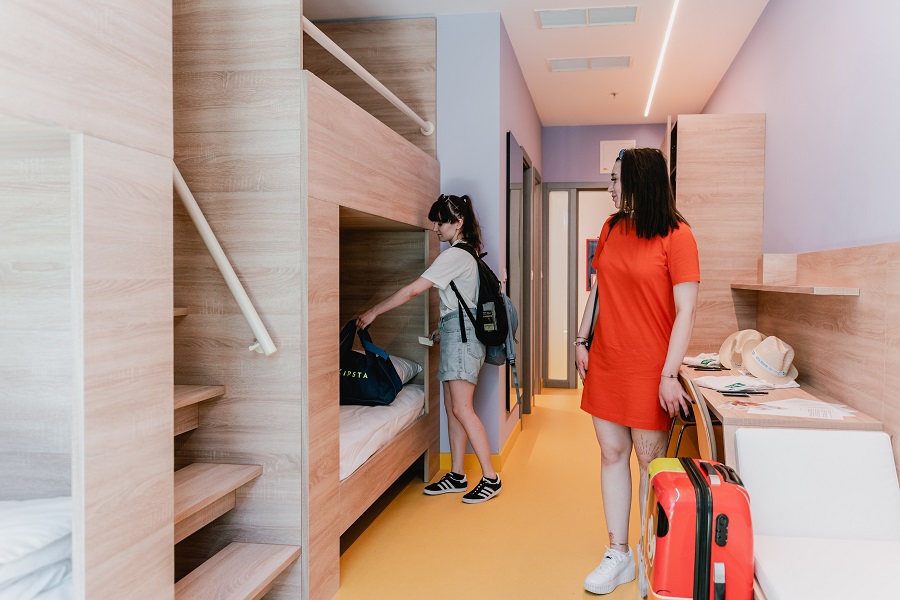
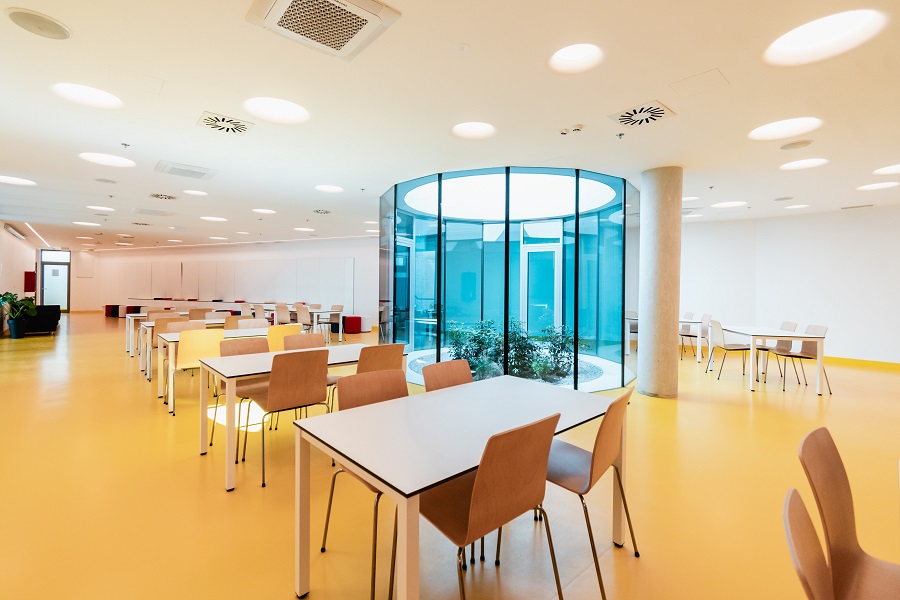
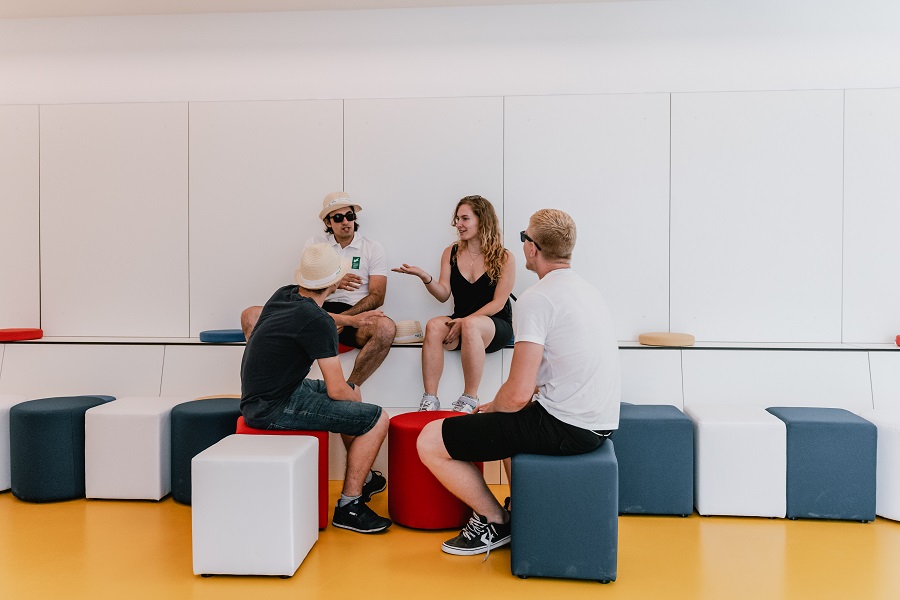
“The campus at St. John’s Fortress brings up the possibility of the further expansion and development of international collaborations that have already been started and established through the work of the Department for International Cooperation and Projects.”
As Croatia continues to find ways to improve the 12-month, sustainable tourism, projects such as the St John Fortress area are beacons of light leading away. Intended for regular tourism as much as its educational aspect, St John’s Fortress is open 365 days a year. There are daily guided tours available, and the campus is intended for organised groups. One nice aspect of the Sibenik fortress project is that entrance tickets often include entrance to other fortresses, in this case, the exquisite Barone Fortress.
“Membership in two large European networks that bring together heritage sites, primarily fortifications; numerous recognitions that confirm that the Fortress of Culture and Šibenik’s fortresses are already well known as an outstanding example of good practice in the reuse and successful management of restored cultural heritage; as well as the partnerships realized through the projects carried out so far provide us with the opportunity to present both St. John’s Fortress and Campus to a wide circle of European experts as an ideal location for holding various educational programs and activities, from summer schools, lectures, seminars and workshops to artistic residencies and exhibitions. We will plan our future collaborations and projects precisely on this track,” says Đurđa Vrljević Šarić from the Department of International Cooperation and Projects.
The easiest way to explore the fortress is with Mastercard, whose cardholders get many benefits throughout the year thanks to Mastercard’s partnership with Fortress of Culture. This public institution that manages the fortress made sure that like-minded partners follow its every step in creating a fortress of knowledge and a new cultural audience.
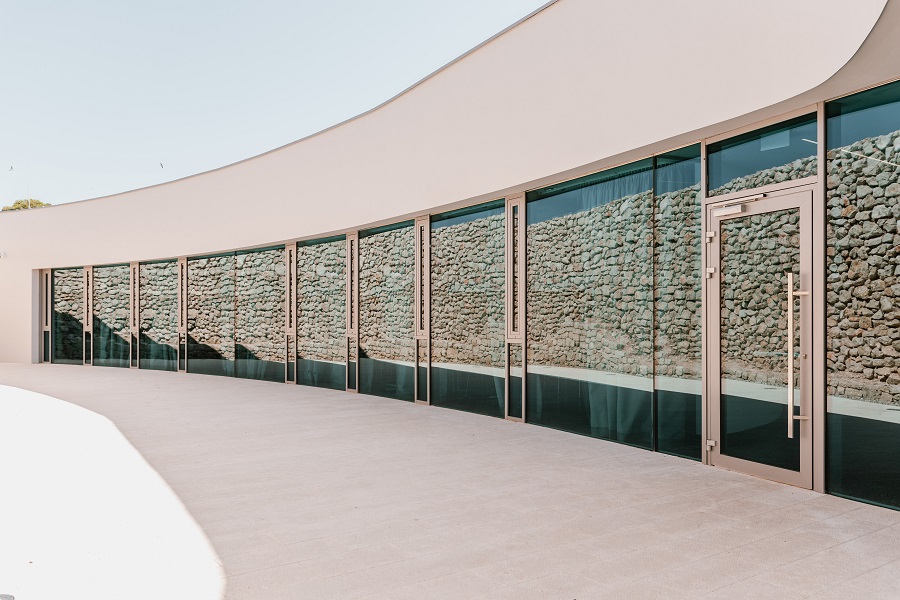
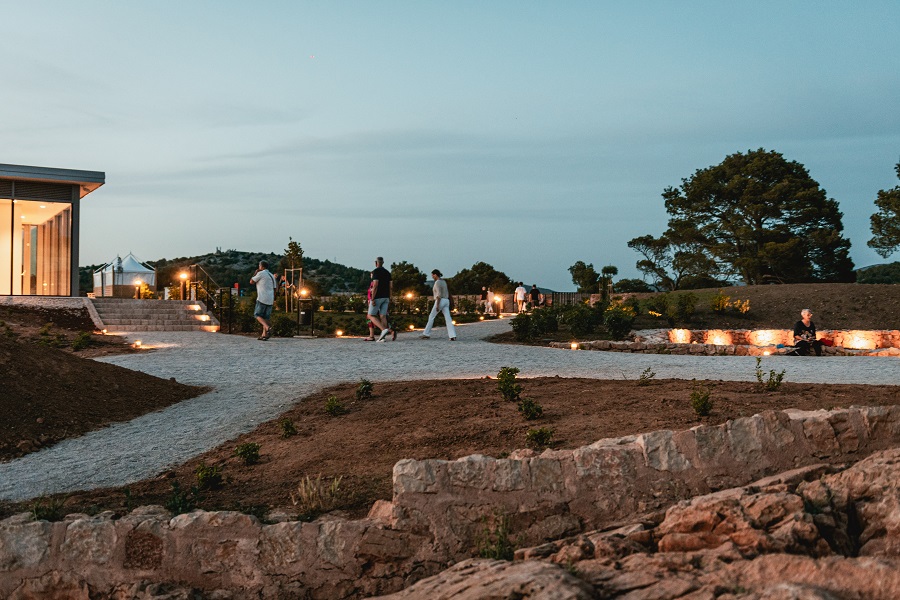
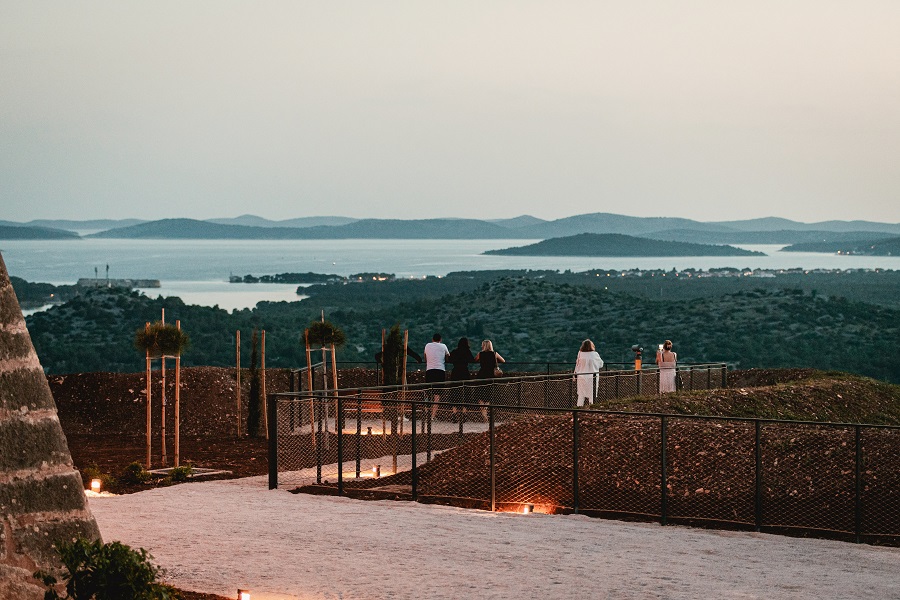
For more information about St John’s Fortress and all the others, visit the official Sibenik Fortresses website.
https://www.tvrdjava-kulture.hr/en/home/

